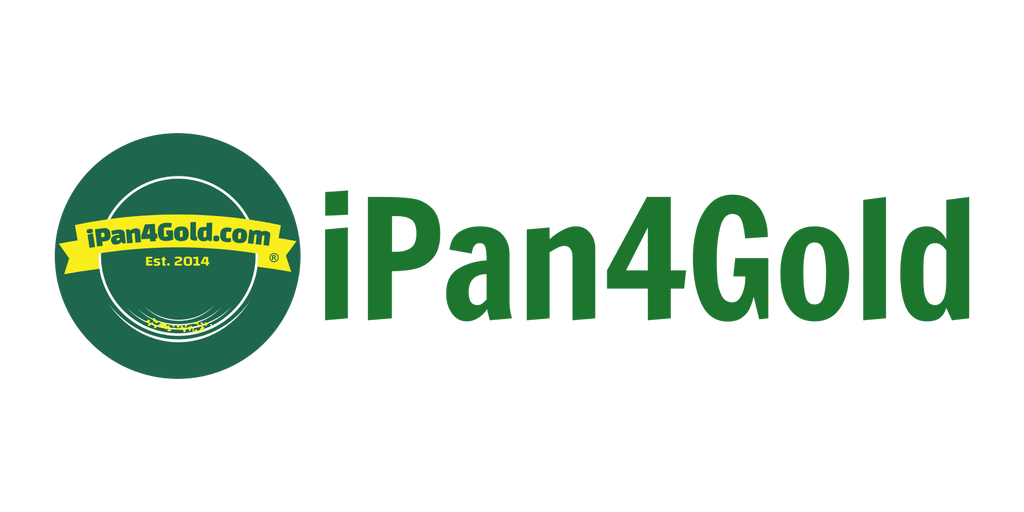UPOD
In the realm of civil discourse and business practices and the art of serving others, there has been a sharp decline in the importance of integrity and meaningful customer service.
The pandemic of 2020 has decimated the quality and efficacy of customer service and technical support in most businesses.
The lack of a phone number or the ability to talk to a knowledgeable human-being to get answers to even fundamental questions has been replaced by FAQs, Chat bots, and promises of email responses which rarely demonstrate even a minimal understanding of the issues we are seeking help with.
The most recent manifestation of the decline of valuing the art of serving others is the current government scheme to be able to electronically control our ability to access our own money by digitizing currency resulting in the ability of government to decide who can keep their money and spend it as they see fit. It’s called Central Bank Digital Currency (CBDC).
Running counter to this blatant preoccupation being in control are those of us who cling to the values and priorities of our forefathers.
Akin to the Golden Rule of the Bible, we embrace the concept of Under Promise, Over Deliver (UPOD).
This countercultural approach to customer service in general as well as everyday discourse and the lifestyle of serving one another, is a powerful means of differentiating ourselves from the self-centered culture of me-ism and the monetization of civil discourse.
As we cast our gaze upon the blighted landscape of impersonal business transactions, it is clear that the UPOD approach can be not only a guiding beacon, but a potent weapon in the fight against such apathy.
Firstly, UPOD fosters trust. Trust is the cornerstone of any long-lasting relationship, be it personal or business-oriented. In a world where businesses make lofty claims only to deliver lackluster results, under-promising and over-delivering can be a breath of fresh air. When we exceed the expectations that we set, we build confidence in our stakeholders that we not only deliver on our word, but go above and beyond. This can significantly boost our reputation and brand image in the eyes of our customers.
Secondly, UPOD creates a positive impression that stays etched in the minds of customers. In a world where products and services are increasingly becoming commoditized, the delivery of exceptional customer service is what makes the difference between success and failure. When we consistently outperform the expectations of our customers, we provide a remarkable experience that fosters customer loyalty and advocacy.
Thirdly, the UPOD approach safeguards us from the whims of circumstance. In an uncertain world, there will inevitably be times when unforeseen challenges disrupt our ability to meet the expectations we have set. By under-promising, we give ourselves a buffer, an opportunity to absorb these setbacks without breaking our commitments. And when the skies are clear, it allows us to surpass the expectations and stand tall in the eyes of our customers.
Finally, UPOD renews faith in the power of human-centric customer service. As we stand in opposition to the growing trend of AI-based customer service, we prove that there is still a place for a personal touch in a digitized world. The satisfaction of knowing that there is a caring and competent person ready to assist them can bring immense peace of mind to customers.
In this fast-paced, cost-cutting era of today, let us be the custodians of the timeless values passed down to us by our forefathers. Let us stand apart from the crowd, not by outshouting them with extravagant promises, but by quietly and consistently exceeding their expectations. It's time for us to challenge the status quo and reignite the spirit of service and integrity through the humble practice of Under Promise, Over Deliver. mdv


